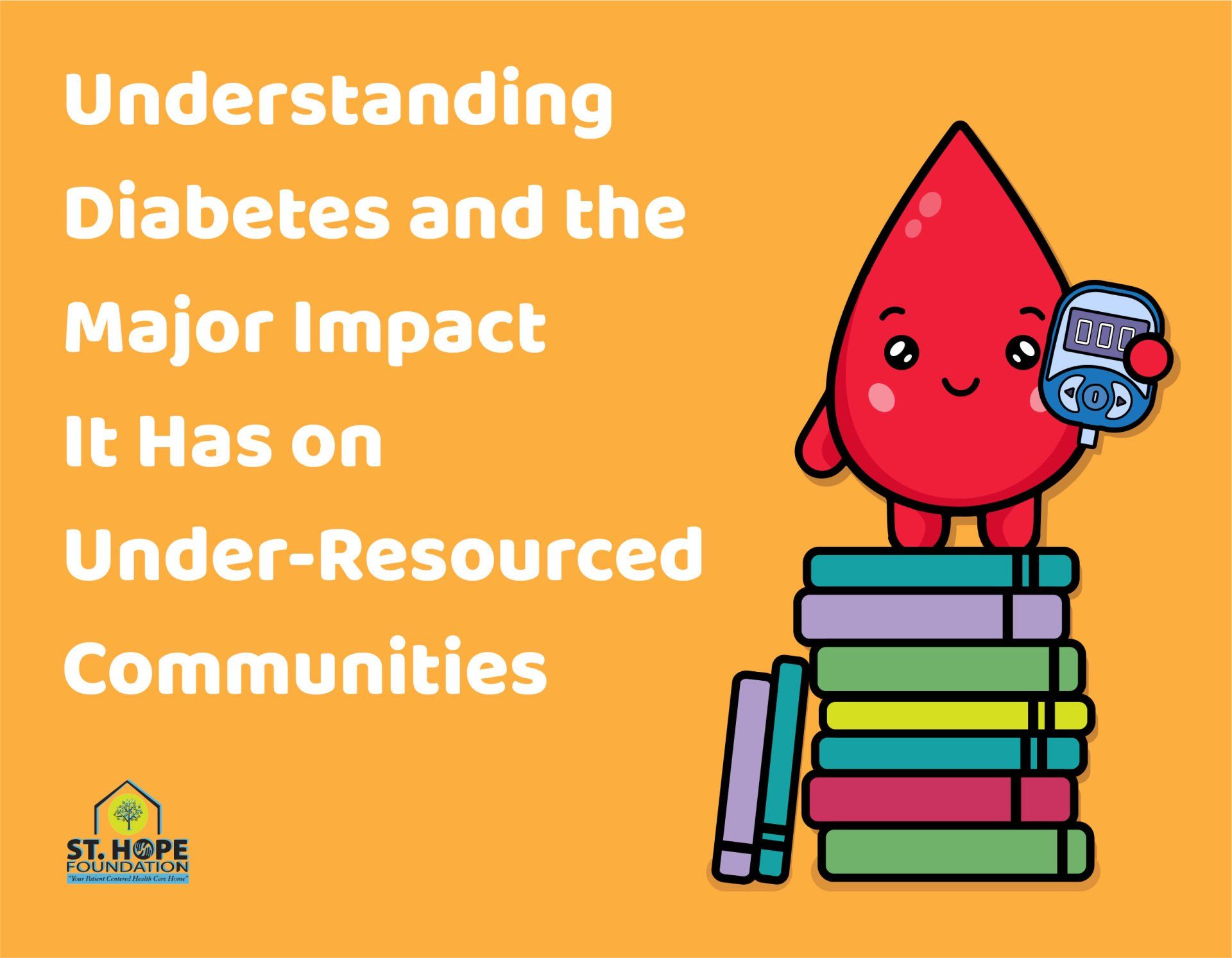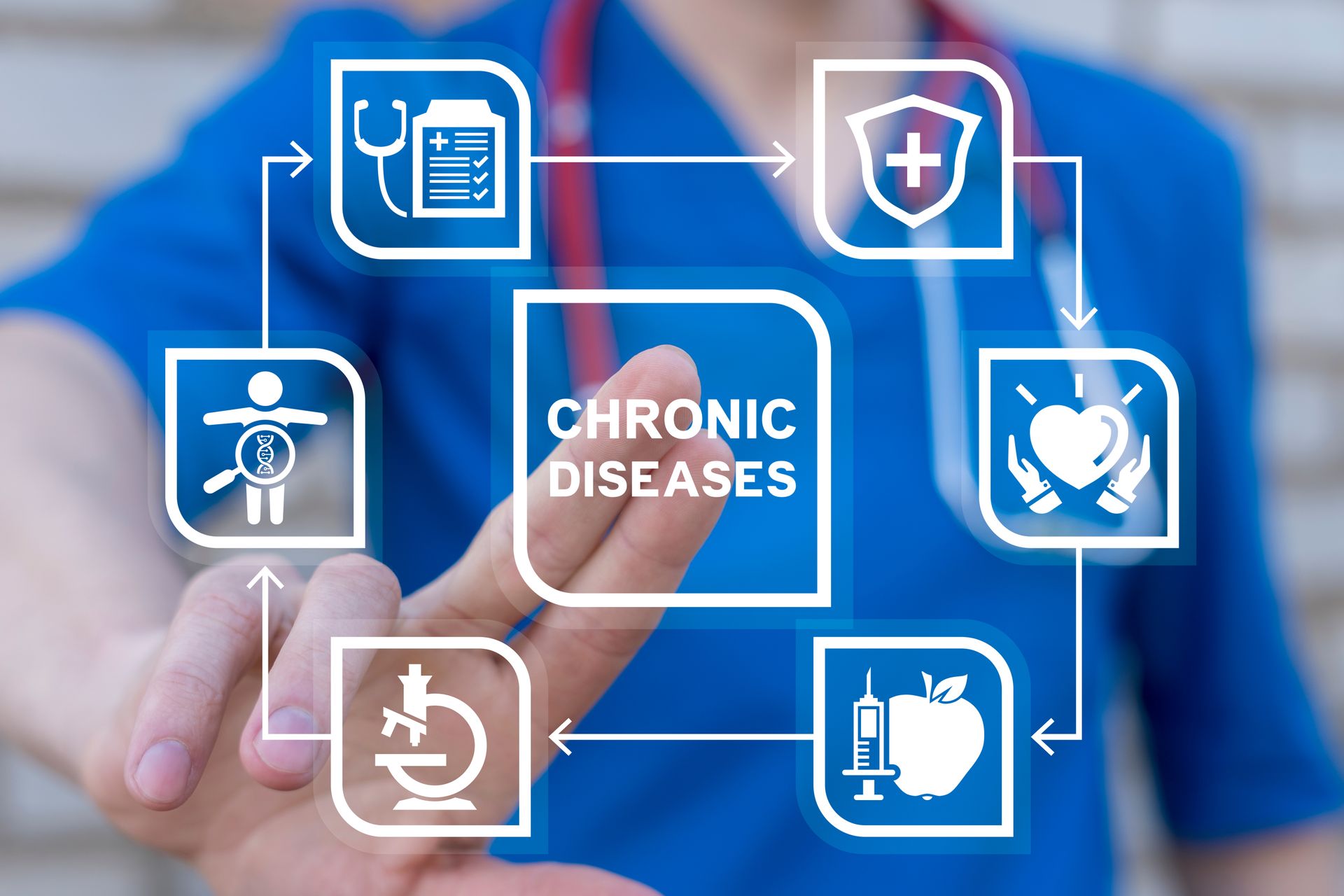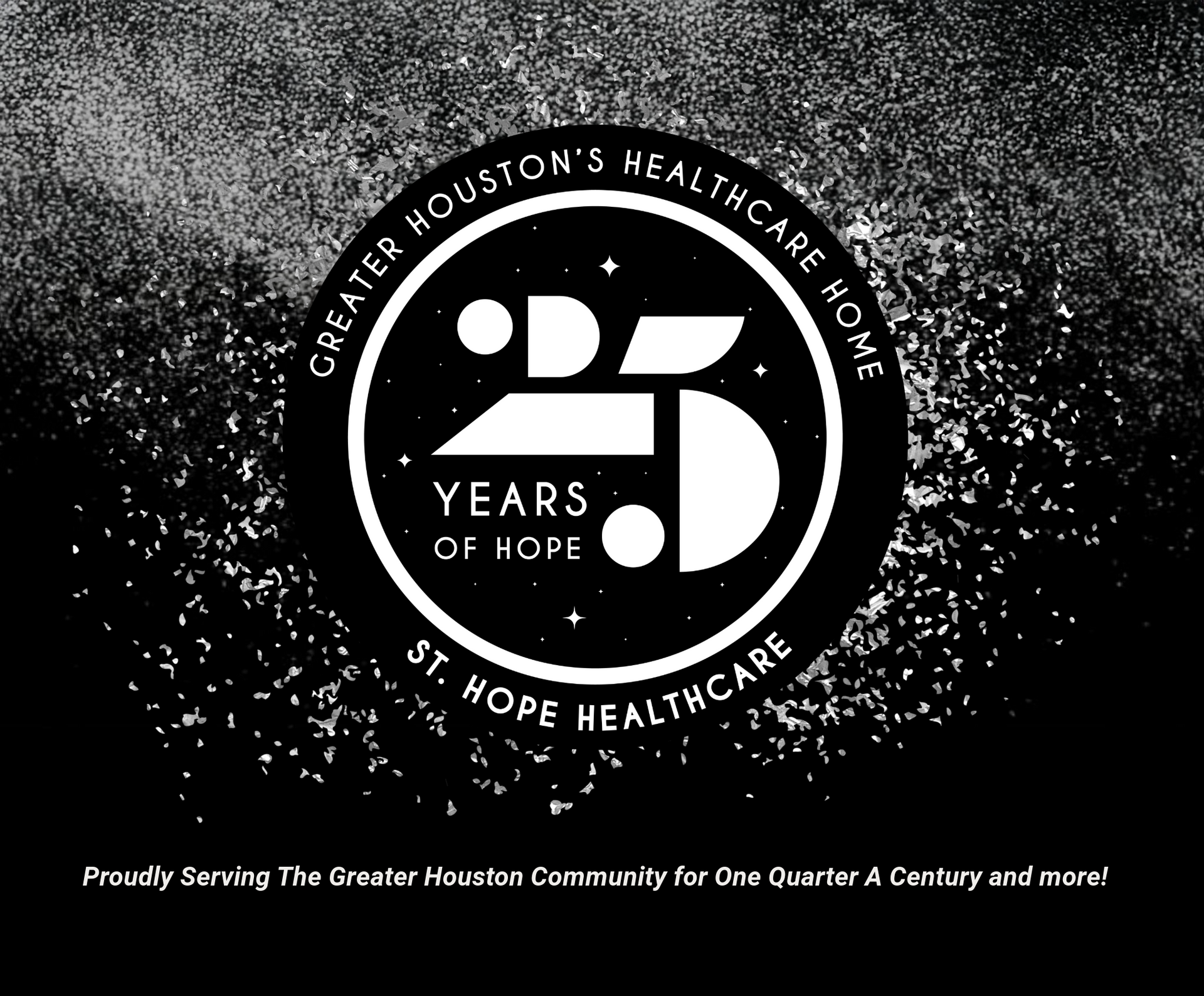Recent Posts
Understanding Diabetes and the Major Impact It Has on Under-Resourced Communities

Diabetes is a disease that occurs when the body is not able to produce or use insulin. Insulin is a naturally occurring hormone that regulates the body’s blood sugar levels and essentially turns food into energy.
Diabetes can also contribute to other health complications, such as heart disease and kidney disease. If not properly managed, diabetes can even cause death. According to the American Diabetes Association (ADA), more Americans die every year from diabetes than from AIDS and breast cancer combined.
The CDC’s National Diabetes Statistics Report in 2020 reported that more than 10 percent of the US population had diabetes. That means more than 34 million Americans have diabetes. That does not account for the 88 million Americans who are prediabetic, making about one-third of the entire American population affected by the disease.
Diabetes Challenges Among Ethnic and Racial Minorities
Diabetes is a disease that affects racial and ethnic minorities at elevated rates. People in these communities often face additional barriers to gaining access to diabetes management care, and they are more likely to experience further negative impacts from having the disease.
Hispanics, Asians, Alaska Natives, Pacific Islanders and Black Americans are more likely to be diagnosed with diabetes than white Americans. One of the goals of the Office of Minority Health, an organization within the FDA, is to learn why and find solutions.
Studies have discovered a number of contributing causes, including health factors, access to care and education about the disease and prevention. The FDA also ties socioeconomic status as well as behaviors and cultural attitudes among ethnic and racial minorities to an increasing prevalence of diabetes in those communities.
Diabetes is often not taken seriously enough. Treatment and prevention require people to adopt lifestyle changes, including:
- Self-care
- Appropriate dietary decisions
- An adequate amount of exercise
Acknowledgment of the severity of the disease is crucial in fighting its proliferation. The problem is that many patients do not have access to the proper tools and resources to make those changes and adequately combat the disease.
Diabetes treatment is also costly, especially if it leads to further complications. The cost of receiving diabetes care prevents some patients from going to the doctor and seeking further medical attention. It also dramatically affects healthcare spending nationwide. Diagnosed diabetes patients cost the U.S. $327 billion in 2017.
Combatting Diabetes in Low-Income Communities
Managing Diabetes
Research has shown that the risk of having diabetes is increased for people living in low-income neighborhoods. Despite efforts of local and national organizations, disparities in the quality of diabetes care still persists along racial and ethnic lines.
Patients in these communities often either do not have access to proper healthcare to treat their diabetes once diagnosed or are unaware of the resources available to them. According to the ADA, poor people diagnosed with diabetes are less likely to have a medical follow-up for putting together a management plan.
Diabetes can be detrimental, but it can also be prevented, controlled and even reversed when treated properly. People who are diagnosed can live long, healthy and active lifestyles.
The Diabetes Prevention Program Research Group found that healthy lifestyle adjustments helped reduce type 2 diabetes in about 60% of patients. Programs like these help patients fight diabetes by promoting healthy lifestyle changes, but the challenge is making them accessible to these communities.
In addition to looking for resources, families and individuals should also attempt to take their own diabetes prevention and management steps by practicing personal care and self-management. Patients with diabetes or at risk for diabetes must be proactive. These steps include:
- Self-monitoring blood sugar levels
- Maintaining a healthy weight through diet and exercise
- Avoiding smoking and drinking
- Taking prescribed medications
- Being consistent in their behavior
Resources for Treatment
There are plenty of resources available to the public that anyone can access. If you want to learn more about diabetes treatment, care and management, these resources can help.
- National Institute of Diabetes and Digestive and Kidney Diseases
- American Diabetes Association
- US Department of Health and Human Services Office of Minority Health
- US Food & Drug Administration
- Center for Disease Control and Prevention
At the St. Hope Foundation, we are dedicated to helping our diverse Houston community – including those who qualify for Medicare, Medicaid or other low-income benefits – manage type 1 and type 2 diabetes. We are a non-profit 501(c)(3) community healthcare organization dedicated to reducing the ethnic, racial and socioeconomic health disparities surrounding diabetes.
The St. Hope Foundation has experts in diabetes care that offer a comprehensive array of services that help patients treat, manage and monitor their type 1, type 2 or gestational diabetes.
Call (713) 778-1300 to learn more about the different types of diabetes care we offer and how you can take control of your health. Visit the St. Hope Foundation in Houston, Texas online and book an appointment with us at any time.









